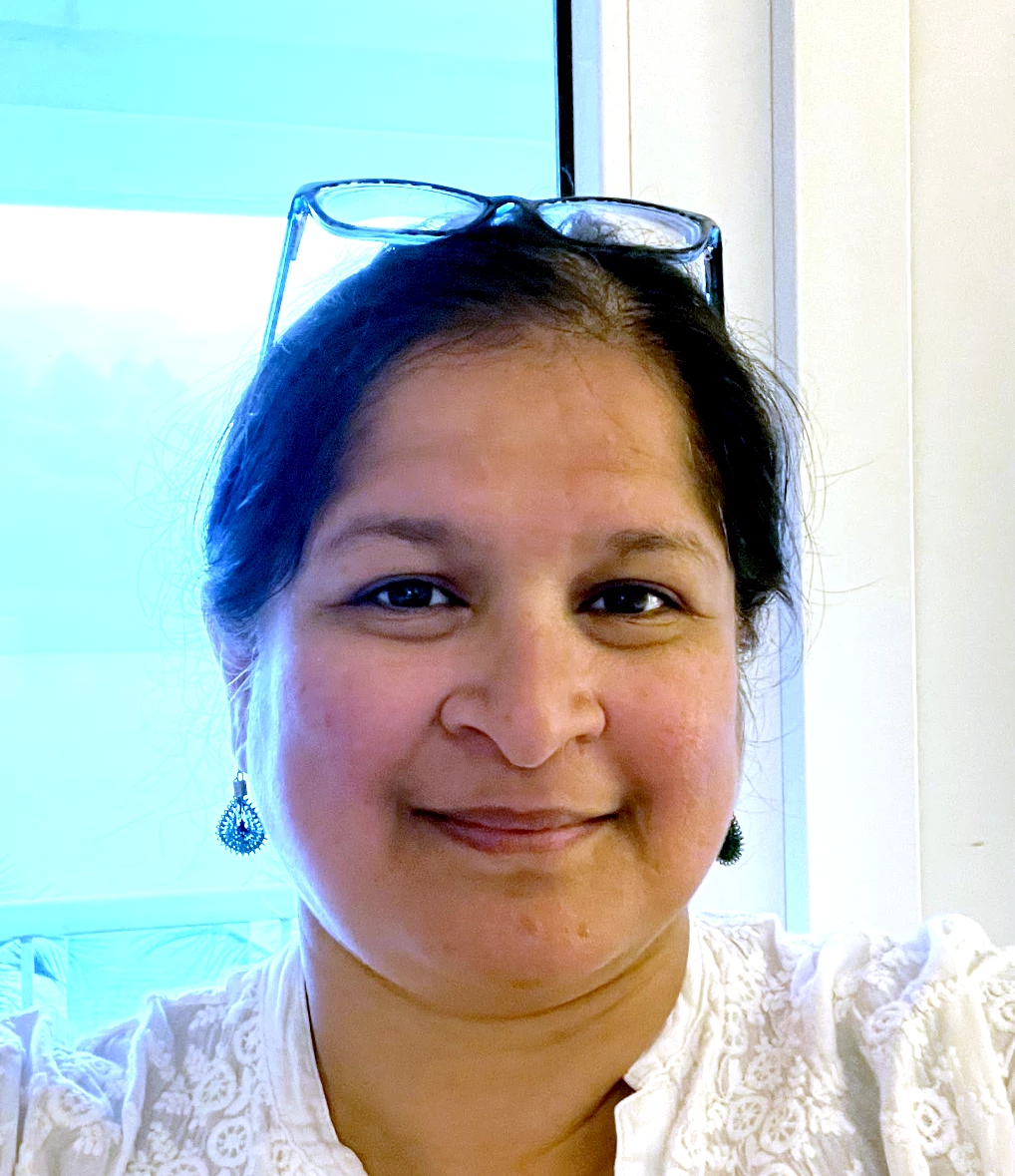 As prominent advocates for anti-malaria efforts in Africa cautioned at the United Nations yesterday, recent successes against malaria—however significant—are still fragile. Both the malaria parasite and the mosquitoes that carry it can develop resistance, to drugs as well as to insecticides, and therefore the fight against malaria must gain rather than lose momentum.
As prominent advocates for anti-malaria efforts in Africa cautioned at the United Nations yesterday, recent successes against malaria—however significant—are still fragile. Both the malaria parasite and the mosquitoes that carry it can develop resistance, to drugs as well as to insecticides, and therefore the fight against malaria must gain rather than lose momentum.
“The British army surgeon who in 1897 helped discover that malaria is transmitted by mosquitoes predicted it would be eliminated in two years, but the parasite has remained a silent and stealthy killer,” said World Bank Group President Robert Zoellick, noting that the preventable and curable disease continues to have a debilitating effect on many African economies.
Zoellick acknowledged the tremendous job that Ray Chambers, the UN Special Envoy for Malaria, had done to raise money for anti-malaria efforts, in conjunction with the African Leaders Malaria Alliance. Anti-malaria funding, which stood at just $175 million in 2005, is $1.6 billion today thanks to their efforts and many countries such as Rwanda and Zambia have made dramatic progress in recent years.
“Country ownership is absolutely essential in this struggle,” he said, applauding African leaders on steps taken so far to combat the disease. These cooperative actions, so vital to make a regional effort against malaria successful, include eliminating taxes and tariffs on malaria commodities.
Zoellick also noted that the World Bank had recently played a significant role in helping to bridge the mosquito net gap in Africa, with an April 2010 announcement of $200 million for seven African countries.
Beyond Mosquito Nets
Prevention of malaria through insecticide-treated bed nets is only one aspect of the fight against malaria. Others include reaching the most vulnerable people, getting treatment to malaria patients on time, and ensuring that research stays ahead of issues such as resistance that can reverse the gains.
Both Bill Gates and Zoellick referred to systemic issues in African countries that prevent them from fulfilling the Millennium Development Goals in health. Often it is a question of too little money for health, or weak supply chains for the distribution of essential medicines. Stronger health systems are needed not only to combat malaria, but also to deliver the better health results that are vital to people's lives and to lasting development within their countries. This is especially true in tackling other communicable and non-communicable diseases.
“Now it is more important than ever to make sure that the International Development Association (IDA) is replenished so we can together achieve the goal of finally consigning malaria to the history books,” Zoellick concluded. IDA, the World Bank’s fund for the poorest countries, is coming up for its 16th replenishment from donor countries in 2010. Since 2000, the World Bank's MDG efforts have saved 13 million lives.


Join the Conversation